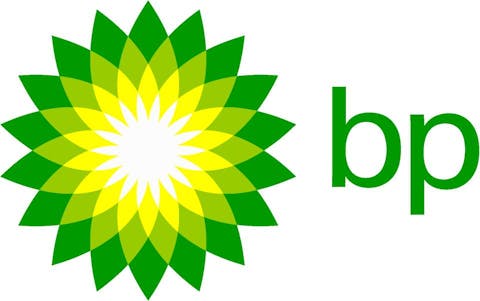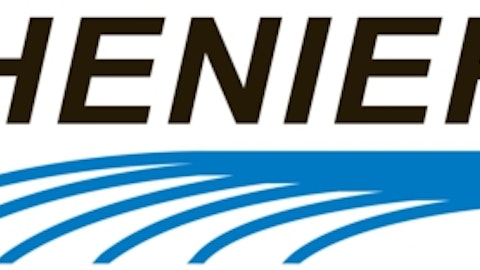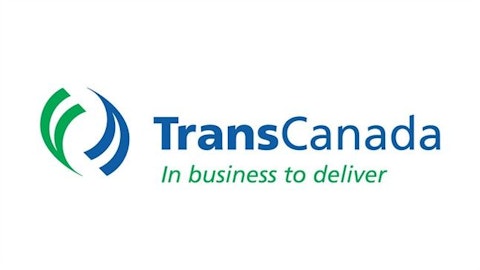The energy industry and, in essence, the entire geopolitical landscape completely changed on May 26, 1908. It was on this day that George Reynolds tapped an oil reserve in modern-day Iran, the very first oil discovery in the Middle East. That well, which was the beginning of the company we know today as BP plc (ADR) (NYSE:BP), also set the foundation for the Middle East to be the predominant oil-producing force around the world. Today, though, that position is starting to slowly slip away. Let’s take a look at why oil production in the Middle East is not what it once was and what we can expect in the future.
Where the oil is
Historically, the Middle East has benefited not only from the fact that there are massive quantities of oil beneath the surface, but it is also extremely cheap to develop them. As recently as 2009, average upstream costs for the Middle East were one-third lower than the rest of the world. These abundant, cheap resources have given the region a major leg up in oil production ever since the major fields were discovered there in the 1950s.
The fact that these fields have been producing for more than 60 years is what is starting to make production and development tricky. In order to maintain or increase production at these mature fields, more expensive extraction methods will be needed.

But as each process is implemented, so too does the cost to extract oil increase. Today, every country in the Middle East is implementing some form of EOR to their oil fields. For some of the smaller countires, it has been in practice for years. TOTAL S.A. (ADR) (NYSE:TOT) has been using gas flooding in Abu Dhabi for more than 20 years. This is a telltale sign that the cost of extracting oil is getting more expensive for all players in the region.
EOR isn’t the only sign that production isn’t as simple as it once was, though. Royal Dutch Shell plc (ADR) (NYSE:RDS.A), BP plc (ADR) (NYSE:BP), and Eni SpA (ADR) (NYSE:E) have all requested recently that the Iraqi government reduce its production targets at various fields across the country, which under current production goals would deplete more than half of the country’s reserves in 20 years. Furthermore, during Core Laboratories N.V. (NYSE:CLB)’ recent conference call, CEO David Demshur noted that the company has seen a “surprising” amount of increased interest in its reservoir management and production enhancement divisions.
What to do?
There are plenty of doom-and-gloom pieces out there saying either peak oil is upon us or that peak oil is dead so pick your poison. Rather than pontificating about the fate of the industry, let’s take a look at what this means for investors instead. The current situation is probably best described by Demshur:
… the national oil companies there now realize that their reservoirs are not exempt from the laws of physics and thermodynamics, and they need to start concentrating on enhanced oil recovery projects to indeed keep their production levels where they are at today.
Many of the national oil companies in the Middle East do not have the experience to do EOR or production optimization on their own. This is where oil services specialists come into play. Both Core Laboratories N.V. (NYSE:CLB) and Schlumberger Limited. (NYSE:SLB) saw sizable upticks in revenue from the Middle East region. If Middle Eastern oil production trends were to continue, it would not be a stretch to see these two companies as well as other oil services grow their Middle Eastern business substantially over the next several years.



